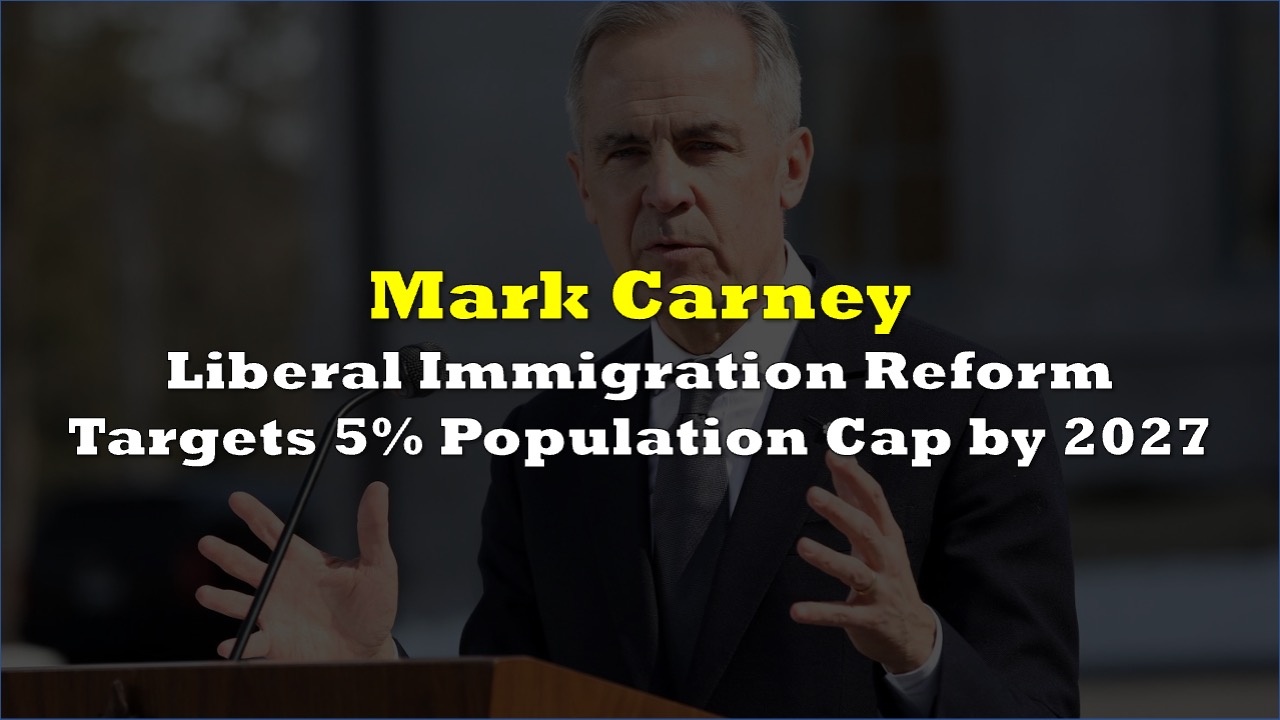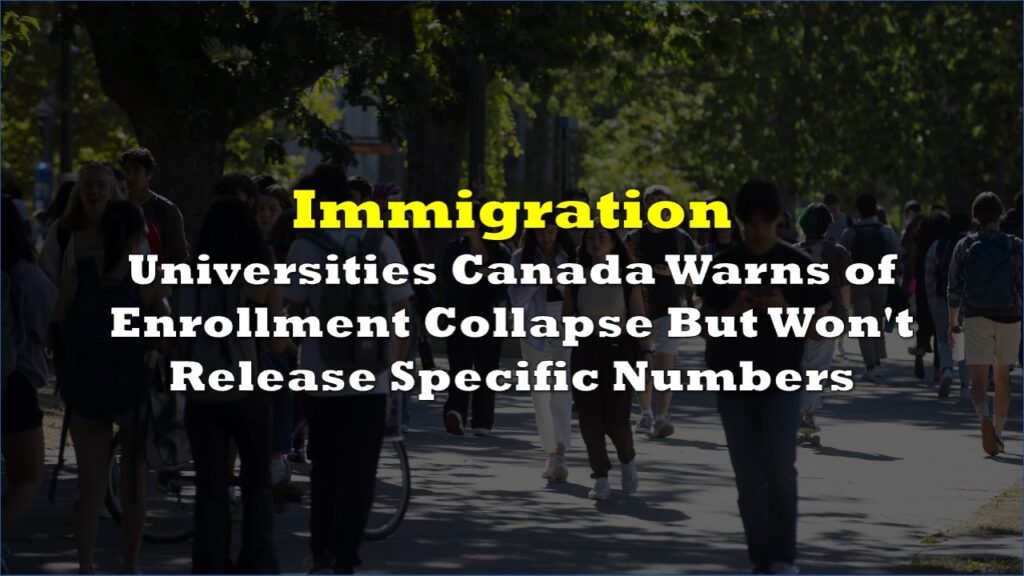Canada’s Liberal Party is preparing immigration reforms under Prime Minister Mark Carney that would reduce both temporary and permanent residency numbers from record highs while maintaining levels significantly above historical averages.
The reforms, part of Carney’s priorities for his new government, would cut temporary residents to below 5% of Canada’s population by 2027, down from current peaks approaching 8%, but still more than double historical levels of around 2%.
Carney vows to cap the total number of temporary workers and international students at < 5% of Canada's population by 2027. pic.twitter.com/Rptu1EbWcw
— Western Standard (@WSOnlineNews) May 2, 2025
Data from Statistics Canada reveals Carney’s permanent residency targets, while reduced from recent peaks of 450,000-500,000 annually, would maintain levels substantially above historical norms.
Proposed targets of 390,000 (2025), 380,000 (2026), and 365,000 (2027) exceed the roughly 200,000-265,000 annual admissions Canada maintained through most of the 1990s and early 2000s, when the country’s population was smaller.
The temporary resident reduction, while substantial, would still keep levels way above the early 2000s.
I am shaking with incredulity right after hearing Carney's "immigration cap".
— 🍁👷♂️🏗 MeanwhileInCanada (@MeanwhileInCa) May 3, 2025
Below are Carney's 1% and 5% line in historical context. Unbelievable!
I'm distraught that nobody has called him out.
As Canadians, why do we accept such mediocrity?#cdnpoli #cdnecon #canpoli https://t.co/56xiTODXP9 pic.twitter.com/HD7sJKJfIh
According to Carney, these immigration caps “will remain in place until we’ve expanded housing, and we’ve reabsorbed the levels of immigration that have happened in our country (during the pandemic).”
Information for this story was found via the sources and companies mentioned. The author has no securities or affiliations related to the organizations discussed. Not a recommendation to buy or sell. Always do additional research and consult a professional before purchasing a security. The author holds no licenses.









